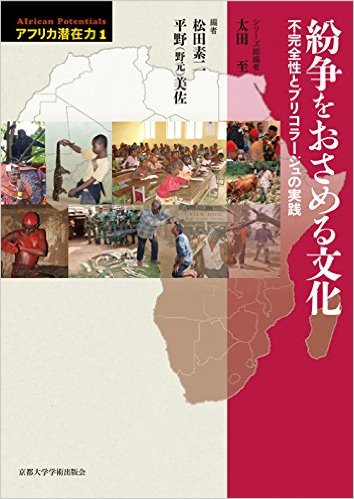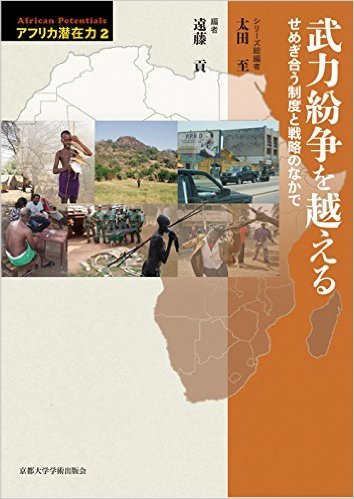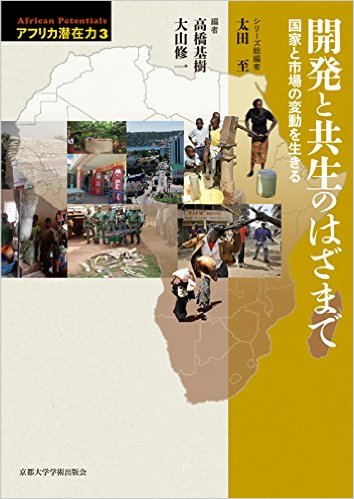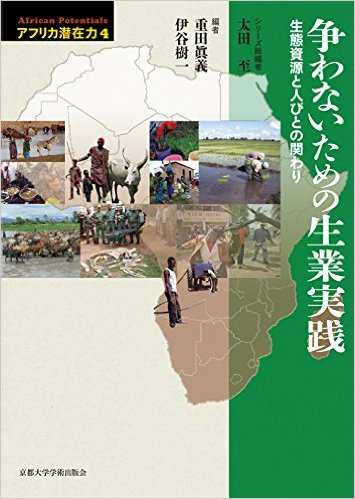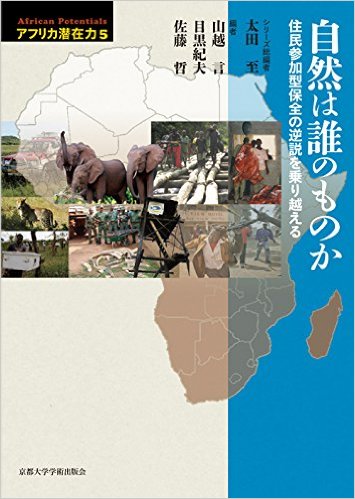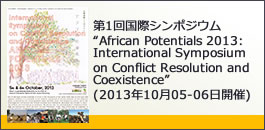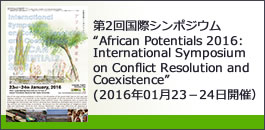日 時:2013年2月2日(土)15:00〜17:00
場 所:京都大学稲盛財団記念館3階小会議室2
プログラム
15:00-17:00
Ronald Niezen (Department of Anthropology, McGill University)
ロナルド・ニーゼン(マギル大学)
“Human Rights NGOs and Strategies of Public Justice in Sub-Saharan Africa”
「サブサハラ・アフリカにおける人権NGOと公共的正義の戦略」
要旨
人間の権利を侵害する者の評判を落とすような告発や抗議運動は、国家を人権遵守の方向へと動かすために、もっとも大きな影響力をもつもののひとつである。このような「恥の政治」の効果やその結末は、NGOネットワークの性質や、正義を求めるロビー活動への参加のあり方によって、多様なかたちをとる。このことは、西アフリカのトゥアレグの主張や戦略と、ケニアのサンブル社会におけるウモジャ女性村のそれとを比較することでよく理解できるだろう。国際的な先住民運動がサブサハラ・アフリカでも展開されるようになってきたことは権利遵守が進む過程について考える機会を提供しているし、その過程は、遠く離れた場所にいる人びとを受け手とするトランスナショナルな公共的取り組みに影響を受けている。
The most significant influence on states that moves them in the direction of human rights compliance involves campaigns of public exposure and protest intended to apply reputational costs to violators of rights. The effectiveness and social consequences of these “politics of shame” vary considerably according to the nature of NGO networks and public participation in justice lobbying. This can be understood by comparison between the claims and strategies of the Tuareg in West Africa and those of the Umoja Women’s village among the Samburu of Kenya. The extension of the international movement of indigenous peoples into sub-Saharan Africa presents an opportunity to consider emerging processes of rights compliance, influenced by trans-national public engagement with distant public audiences.
